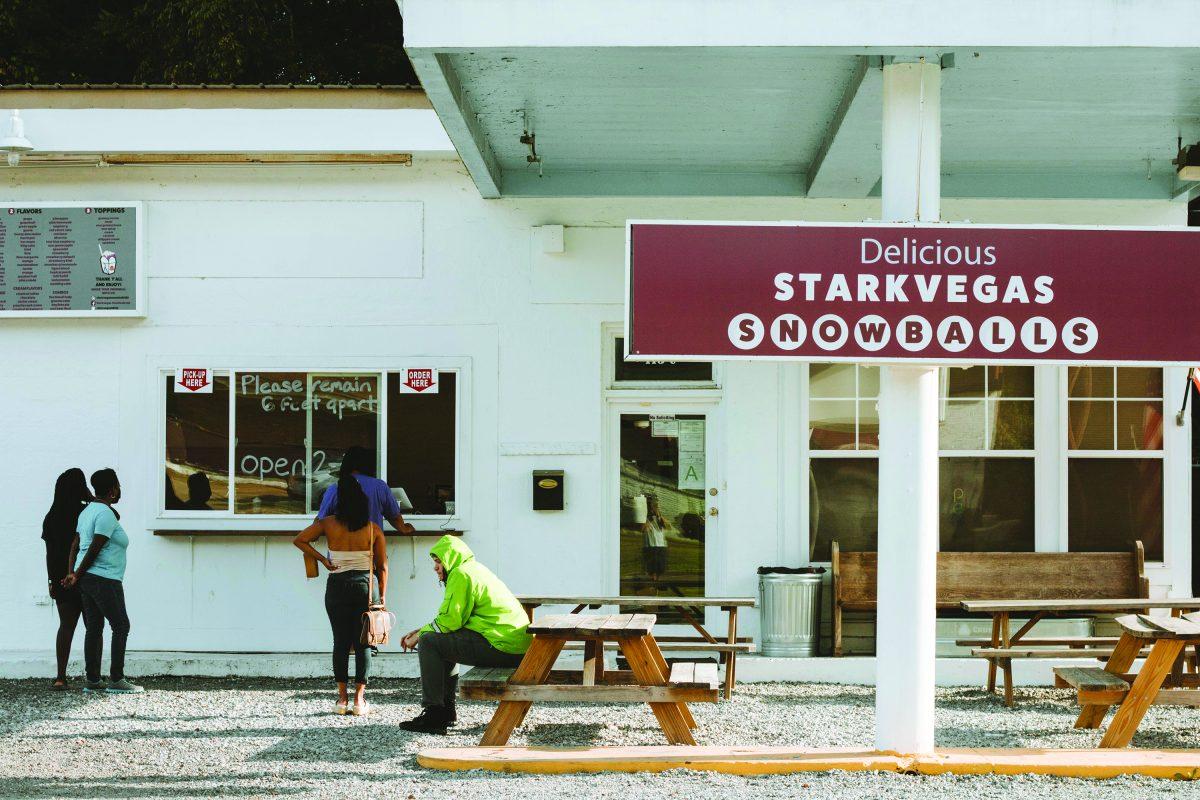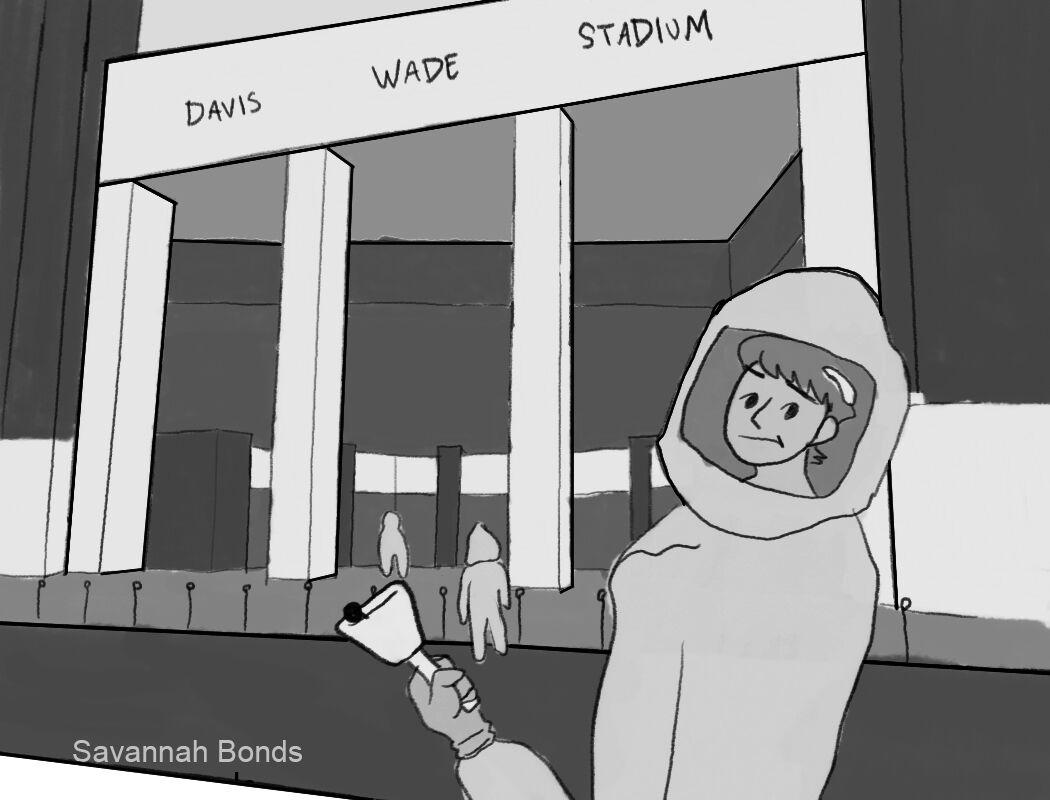When the issue of government control during this present crisis is discussed, one cannot avoid this simple fact: China’s excessive governmental overreach may have directly caused and certainly exacerbated this catastrophe. According to Isabel Togoh of Forbes, the U.S. Department of Homeland Security created a report which stated China deliberately downplayed the severity of the disease. Furthermore, China shut down discussion of the virus among its medical professionals, and now, the country has evicted all foreign journalists in an effort to restrict the truth. Fifty years from now, I would not be surprised to read a history of this era which places the lion’s share of the blame for coronavirus on the machinations of President Xi Jinping.
For now, let us return to the matter at hand—the tens of thousands of deaths here in the U.S. despite the desperate measures undertaken. Clearly, a gross failure has happened, but who shall we scapegoat? China is an easy target, but unless the Chinese have several more plagues scheduled to disperse, lambasting those wonderful communists will fail to prepare us for future epidemics. If the sole conclusion we reach is we should not trust Beijing, not only will we have simply relearned a lesson from the 20th century but we also should expect many more slain by the next plague.
Is the primary reason for the sharp contrast between states’ cases the reactions of each state’s leadership? Would a lighter response have provided comparable casualties instead of the mass graves which early studies suggested? Has the federal government, through its inadequate regulations, failed its citizens by not providing enough guidance and enforcement? Yes, we acknowledge most aspects of these queries are ultimately unanswerable, except by your flavor of talking heads. No, I will not sit on the fence any longer in this piece.
Our government should have rolled out much more aggressive measures to combat this disaster.
Without doubt, the deciding factor in this dilemma is not the economy but the citizenry. Sans workers, no economy exists; the human resources representatives are right: people are our greatest resource. Working backward leads to the inexorable conclusion that saving ourselves is the goal first and foremost. There is no method or measure too broad, based on this supposition.
Martial law would be the logical conclusion to such extremes. There would be no way on Earth America hits 50,000 dead if a grouchy National Guardsman slouched on every corner. People are not just going out for things they do not truly need. But then again, even in a state of emergency, a widespread military crackdown is a tough sell for our notoriously rebellious populace, and it would be unnecessary in states like Mississippi and Wyoming, each with low population density.
For a more realistic and productive conversation, consider Vietnam. Per Khanh Vu, Phuong Nguyen and James Pearson with Reuters, this nation of 96 million has under 300 cases and no deaths, as of April 29. Leaving aside the accuracy of these government figures, this result—no short of simply stunning given its border with China—was made possible by aggressive testing in high numbers. Shutting down the country and testing every potential patient must have been easier in a more totalitarian nation like Vietnam, but as an unironic believer in American exceptionalism, I cannot help but feel our government could have and should have gone down a similar road.
Of course, who cannot poke holes and second-guess with the benefit of hindsight? This sort of event has not happened since World War I, also known as the Great War, with the Spanish Flu. CNN anchor Jake Tapper should not be blaming New York City mayor Bill de Blasio for trying to maintain confidence in his city government during a confusing time. What we need for the next crisis is better control and guidance from the government, not less control or a total lack thereof.

























































































